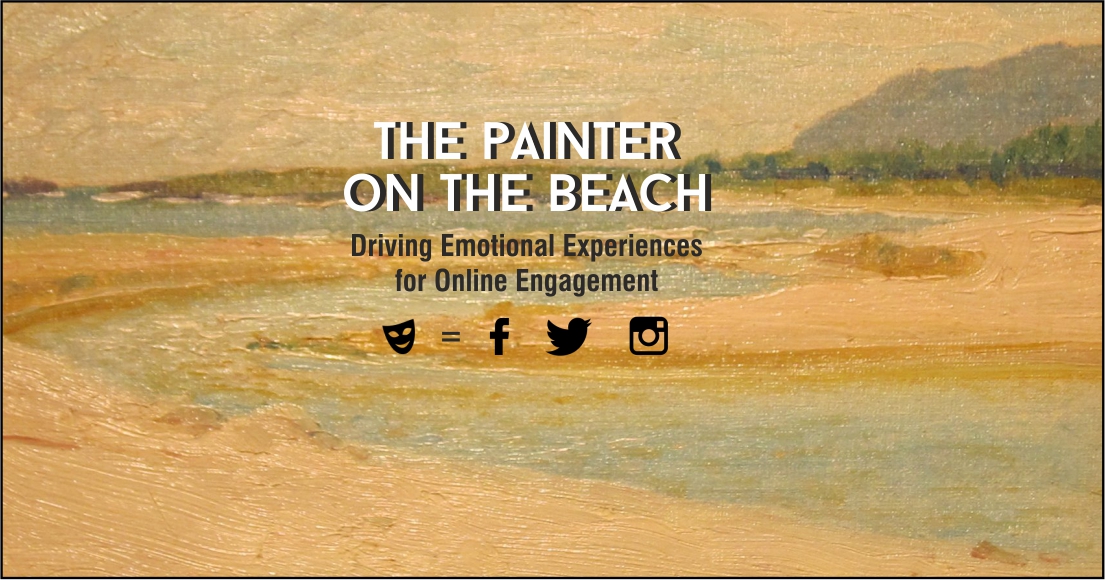
“Roy looked down from the cliffs at the man drawing in the sand. The picture that started to emerge was an extraordinary face. It looked much like a Picasso. Roy lifted his binoculars to his eyes. The man on the beach was Picasso. Roy’s pulse raced. He walked this route every day and he knew that very soon the tide would sweep in and wash away a genuine Picasso original. Somehow, he had to try and save it. But how?
Trying to hold back the sea was futile. Nor was there any way to take a cast of the sand. He could run back home for his camera. That would at best preserve a record of the work, not the picture itself. And if he did try this, by the time he got back, the image would probably have been erased by the ocean. Perhaps then he should simply enjoy this private view as long as it lasted. As he stood watching, he didn’t know whether to smile or cry.”
Source: The pig that wants to be eaten – 100 experiments for the Armchair Philosopher by Julian Baggini
What Roy experienced in the above extract is something we all go through on a regular basis.
Whether to record a video of the event or enjoy it live? Whether to take a selfie or just enjoy the view?
I am not trying to indulge in a philosophical discussion here. I don’t want to raise a debate over whether one should experience something in person or brag about it on Social Media.
I’d simply say that experience it first, and then make a post about it.
What I am trying to do here is understand what motivates people to post something.
Analyzing the above excerpt points out a very important aspect of what motivates Social Media Sharing – Emotional Experiences!
Seeing Picasso draw a piece of art on the beach sparks a deep emotion in Roy and he feels inspired to grab this moment on his camera.
The fact that the tides would wash it away before he could bring his camera makes his desire to share this moment more intense.
It is such emotional moments that spark within us the intention to share.
Don’t believe me? Try recollecting the last post you shared on Facebook and ask yourself why you shared it.
Even if you shared a simple meme or a random joke, it would have been because such posts spark a positive emotion of humor in us.
As a Social Media Strategist, I’d like to point out on how brands fail to understand such a basic principle.
We are all carried away by the idea that Facebook Advertising is enough. We spend millions on our accounts trying to get people to buy our products but have we given enough motivation to our followers for them to engage with us?
Engagement invariably leads to conversions, so for those of you who approach Digital Marketing hoping for direct conversions need to rethink your strategy.
The stress on integrating your online marketing efforts with your offline strategies couldn’t get stronger than this.
While you spend a huge chunk of your budget on Facebook Ads, I’d highly recommend that you do something offline (in-store events, parties, promotions) that create emotional experiences for your fans and motivates them to engage with your brand online.
Extending offline experiences to online engagement will pay off much more in the long run.

